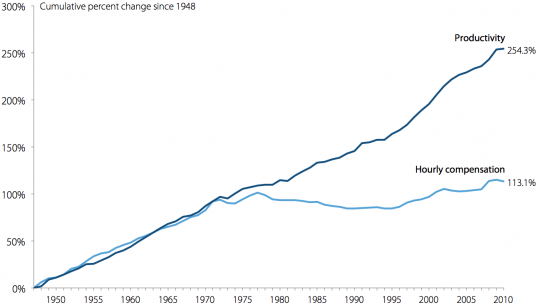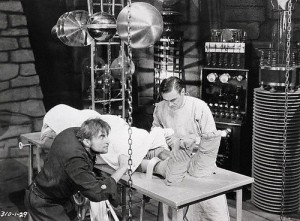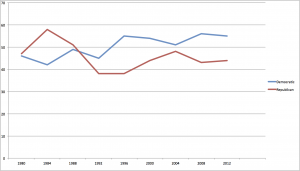Hmm what’s this I see? A hornet’s nest? Let me get a stick surely nothing bad will come from probing it, right?
There has grown in popularity a test for sexist bias in film and other media known as The Bechdel Test. This test simple, composed of three elements, and if a film or piece of writing passes all three elements it is considered to have passed. Passing is good because that means your work is less sexist than the works that fail.
I think the Bechdel Test is far too blunt an instrument to be used in anything other than a light conversational manner.
Before I continue let me state without equivocation that I want strong well-realized characters of all genders, orientations, ethnicities, creeds, and all the other bewildering array of conditions that humans inhabit. In now manner am I defending works where women are seriously presented in lazy, sexist stereotypes.
That said, sexism is far too broad a thing to be tested so simply. The Bechdel test has three elements:
1) The Film must have more than one named female character.
2) The Female characters must talk to each other.
3) Their conversation must not be about a man.
This has a witty simplicity and certainly there are scads of films where the female characters exist solely as wives/girlfriends with no other dimension to their character. However I contend that is the Test fails by producing both false positives – scoring a film as good when it’s depiction of women is sexist and stereotypical –and also false negatives – scoring a film as a failure when it’s females characters have real depth and characterization beyond a simple love interest – then the test has no real utility.
So here’s an example of a false positive: The Lost Skeleton of Cadavra.
Element 1
Named female characters 2 or 3, Betty Armstrong, Lattice, and it’s debatable if we should could Animala/Pammy. After all she’s not a real woman, but a construct of one from 4 Forrest animals.
Score – Passed
Element 2
Betty and Lattice have more than one conversation together.
Score – Passed
Element 3
The conversations are about shopping, cooking, their loves of dresses, and who cleans up in the kitchen. They do not in fact discuss their husbands.
Score – Passed
Now if you have seen this film you know that these two women are presented deliberately as bad stereotypes of wives. They have little self-direction, are subservient to their husbands, and in the words of the director/writer set back man/female relations half a century. While this film presented it as comedy and satire, any number of films earnestly presenting the same material would have passed the test, despite having horrid sexist tones throughout.
Now for the False Negative: Marvel’s: The Avengers
Element 1
Named female characters, 3. Natasha Romanoff, Pepper Potts, S.H.I.E.L.D. Agent Maria Hill.
Score – Passed
Element 2
None of these characters have a conversation with each other. All their conversations are with men.
Score – Failed.
Element 3
Since they did not have conversations, this too is a fail, but I suspect if they had engaged in conversation they would have still failed as it would have been likely that the subject of their discussion would have been the film’s antagonist, Loki, a man.
So Joss Whedon’s screenplay and film fails the Bechdel test. It must be sexist, right?
Of course this film has three very smart, capable women who hold their own against the male characters and prove repeatedly that there is far more to them than just a pretty face. Pepper maintains her own way in the headwind that is Tony Stark – not a minor feat, Hill has the spine to buck Nick Fury something even Coulson doesn’t do, and of course Romanoff is so talented she outwits Loki the god of trickery, winning valuable intelligence while the men uselessly debate torturing the captive deity.
The Bechdel tests is capable of both false positive and negatives, making it for me a tool not to be trusted. Ferreting out sexism in a piece of art can require a subtle eye, it is not achieved by a test less complex than Buzzfeed’s which Game of Thrones House are you?



 Frankenstein – 1931 – James Whale
Frankenstein – 1931 – James Whale


